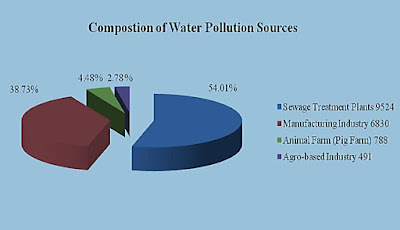Ubiquitious Plastic and Inside Us

According to the Guardian (March 15, 2018) the World Health Organisation (WHO) has announced a review into the potential risks of plastic in drinking water. This was in response to results of analysis of bottled water brands and that more than 90% contained tiny plastic pieces – microplastics. There were other studies which found the same problem with drinking water supply, rivers, marine and seafood. Recent studies into water contamination have found microplastics in 83% of tap water samples from major cities around the world. We humans are exposed to microplastics / microfibers through air, water and food. Microplastics include broken-down plastic waste, synthetic fibres and beads found in personal hygiene products. They are known to harm marine life, which mistake them for food, and can be consumed by humans too via seafood, tap water or other aquatic food sources. Their impact of microplastics comes from their size and thus the ability to evade most filters and ...

